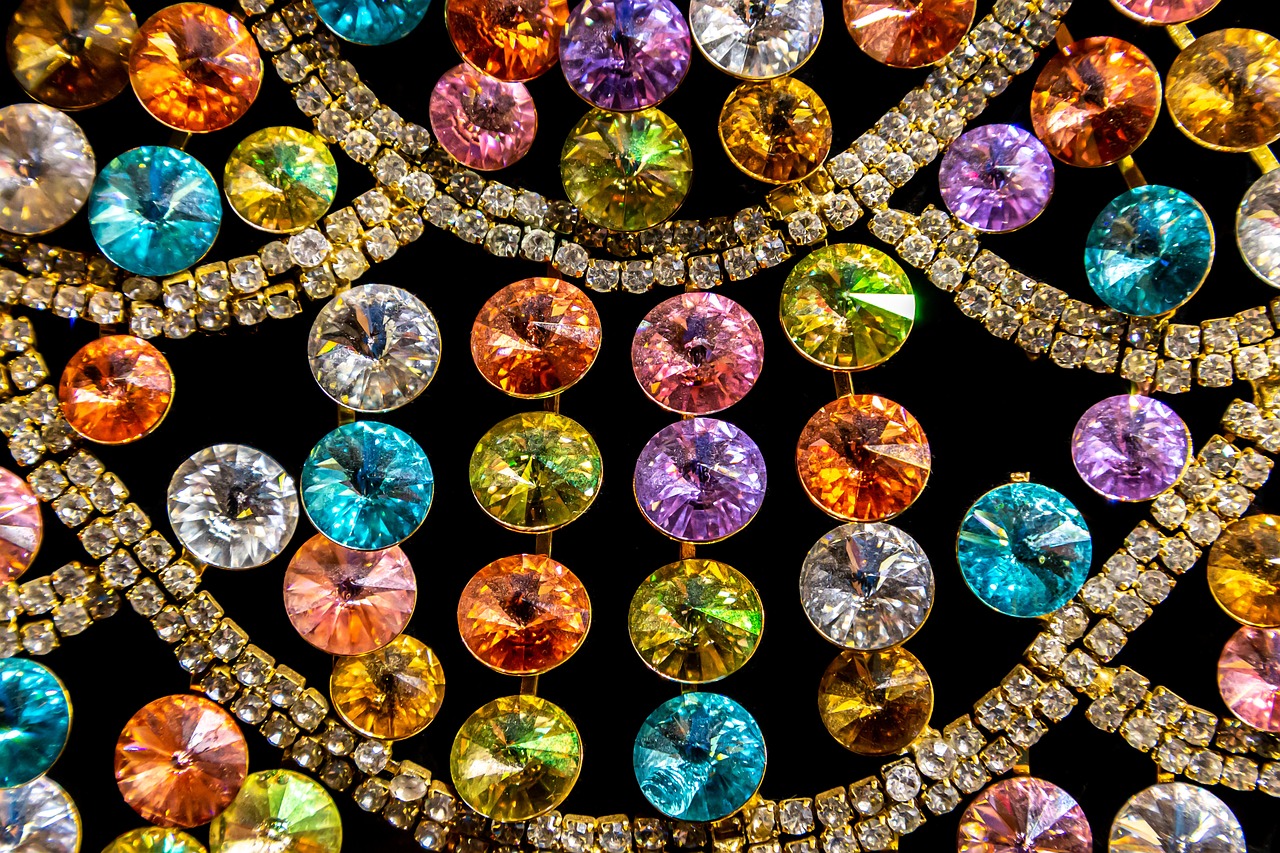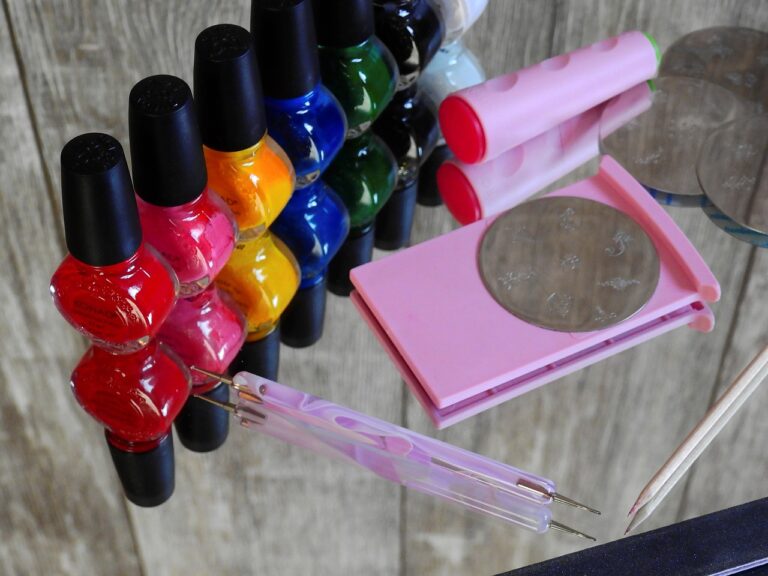Fashion and Inclusive Representation: Embracing Diversity on the Runway
Diversity in the fashion industry goes beyond just a trend or buzzword; it is a crucial element that shapes the landscape of the industry. Having a wide range of perspectives, backgrounds, and voices is not only a reflection of our society but also brings richness and creativity to the designs and campaigns produced. When individuals from various walks of life are included in the decision-making processes and creative aspects of fashion, it leads to a more inclusive and representative sector.
Moreover, embracing diversity in the fashion industry is essential for creating a sense of belonging and empowerment among consumers. When people see themselves reflected in advertisements, runway shows, and clothing designs, it sends a powerful message that they are valued and celebrated. This representation not only fosters a deeper connection between brands and consumers but also helps break down outdated stereotypes and biases. Fashion has the ability to influence culture and society, and by promoting diversity, it can contribute to a more inclusive and accepting world.
Historical Lack of Inclusivity in Fashion Shows
Despite the rich tapestry of diversity that exists within society, the fashion industry has a longstanding history of exclusion. From runway shows to advertising campaigns, the lack of inclusivity has been glaringly evident, perpetuating harmful stereotypes and norms.
Models of various races, sizes, abilities, and gender identities have been conspicuously absent from mainstream fashion shows, leading to a skewed portrayal of beauty standards and limiting the scope of representation within the industry. This historical lack of inclusivity not only ostracizes marginalized communities but also hinders progress towards a more equitable and accepting fashion landscape.
Impact of Representation on Marginalized Communities
Representation in the fashion industry plays a crucial role in the empowerment and visibility of marginalized communities. By featuring models and designers from diverse backgrounds, fashion brands have the opportunity to challenge stereotypes and promote inclusivity. Seeing individuals who reflect their own identities on runways and in campaigns can have a profound impact on individuals who have historically been underrepresented in the industry.
Moreover, increased representation in the fashion world can help dismantle societal barriers and foster a sense of belonging for marginalized communities. When people see themselves represented in a positive light, it can boost their self-esteem and inspire them to pursue their own dreams and aspirations. By showcasing a wide range of voices and perspectives, the fashion industry has the power to shape a more inclusive and accepting society for all.
• Representation in the fashion industry empowers marginalized communities
• Featuring diverse models and designers challenges stereotypes
• Visibility promotes inclusivity and acceptance
• Seeing oneself reflected positively can boost self-esteem and inspire dreams
Why is diversity important in the fashion industry?
Diversity is important in the fashion industry because it allows for a more inclusive representation of various cultures, ethnicities, body types, and identities. This helps to break down stereotypes and promotes a more accepting and inclusive society.
How has the lack of inclusivity in fashion shows affected marginalized communities?
The lack of inclusivity in fashion shows has often marginalized communities by perpetuating narrow beauty standards and excluding those who do not fit into those standards. This can lead to feelings of alienation, low self-esteem, and a lack of representation for marginalized groups.
How does representation impact marginalized communities?
Representation is crucial for marginalized communities as it provides visibility and validation for their identities. Seeing people who look like them in media, fashion, and other forms of representation can help to empower individuals and combat feelings of isolation and discrimination.







